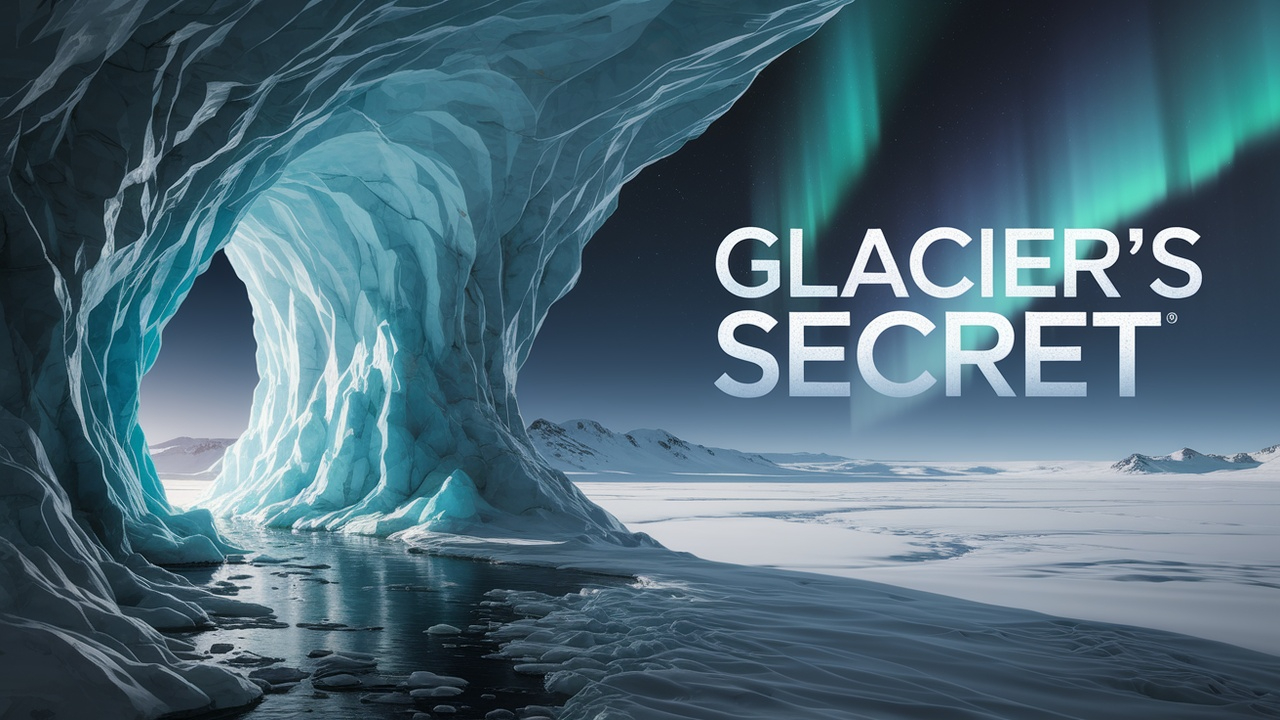
This comprehensive course explores the unique challenges and wonders of traveling to glaciers and Arctic regions. Participants will learn about expedition planning, environmental considerations, and the rich cultural and natural heritage of the polar regions.
Course Levels
-
Level 1: Introduction to Polar Regions
An overview of the Arctic and Antarctic regions, their climates, and ecosystems.
-
Level 2: Expedition Planning Basics
Fundamentals of planning an expedition, including logistics, safety, and gear selection.
-
Level 3: Navigating the Arctic Environment
Understanding navigation techniques and environmental challenges in polar expeditions.
-
Level 4: Sustainable Practices in Expedition Travel
Exploring sustainable travel practices to minimize environmental impact during expeditions.
-
Level 5: Advanced Expedition Techniques
Advanced skills and techniques for successful glacier and Arctic travel.
-
Level 6: Cultural and Historical Insights
Understanding the history and cultures of indigenous peoples in Arctic regions.
-
Level 7: Case Studies in Expedition Travel
Analyzing real-world expedition case studies to apply knowledge and identify best practices.
-
Level 8: Capstone Project
A culminating project where students create a comprehensive expedition plan incorporating the knowledge gained throughout the course.
Course Topics
-
Impact of Climate Change on Local Communities
# Impact of Climate Change on Local Communities Climate change is increasingly recognized as one of the most significant challenges facing humanity today. Its effects are felt across the globe, but l...
-
Feedback and Iteration Process
# Feedback and Iteration Process In the context of a Level 8 Capstone Project within the Glacier & Arctic Expedition Travel course, the feedback and iteration process is crucial for refining your pro...
-
Final Presentation and Evaluation
# Final Presentation and Evaluation ## Introduction The final presentation is a crucial component of your capstone project in the Glacier & Arctic Expedition Travel course. This presentation not only...
-
Safety Protocols and Emergency Preparedness
# Safety Protocols and Emergency Preparedness ## Introduction In the realm of Glacier and Arctic expedition travel, safety protocols and emergency preparedness are paramount. These measures not only ...
-
Cultural Sensitivity and Respectful Engagement
# Cultural Sensitivity and Respectful Engagement Cultural sensitivity is a crucial aspect of effective communication and interaction, particularly in diverse environments such as those encountered du...
-
Heritage Sites and Conservation Efforts
# Heritage Sites and Conservation Efforts ## Introduction Heritage sites are places that hold cultural, historical, or natural significance, and their preservation is crucial for the understanding of...
-
Successful Expedition Examples
# Successful Expedition Examples Expedition travel in glaciers and the Arctic is a realm where planning, execution, and adaptability converge. Understanding successful expeditions can provide valuabl...
-
Presentation Skills for Expedition Proposals
# Presentation Skills for Expedition Proposals In the realm of Glacier and Arctic expedition travel, effective presentation skills are crucial for securing funding, support, and partnerships. This to...
-
Climate and Weather Patterns
# Understanding Climate and Weather Patterns The polar regions, encompassing the Arctic and Antarctic, exhibit unique climate and weather patterns that differ significantly from temperate and tropica...
-
Team Dynamics and Leadership in Expeditions
# Team Dynamics and Leadership in Expeditions ## Introduction In the challenging environments of glacier and Arctic expeditions, effective team dynamics and strong leadership are crucial for success....
-
Environmental Issues in Polar Regions
# Environmental Issues in Polar Regions ## Introduction The polar regions, encompassing the Arctic and Antarctic, are some of the most fragile ecosystems on our planet. They play a critical role in r...
-
Project Framework and Guidelines
## Introduction In the context of Glacier & Arctic Expedition Travel, a structured project framework is essential for guiding the development and execution of a successful expedition. This framework ...
-
Research and Data Collection
# Research and Data Collection In the context of Glacier & Arctic Expedition Travel, research and data collection are crucial components of understanding the unique environments in which we operate. ...
-
Understanding Ice and Snow Conditions
# Understanding Ice and Snow Conditions Navigating the Arctic environment requires a comprehensive understanding of ice and snow conditions. These elements not only shape the landscape but also signi...
-
Map Reading and GPS Navigation
# Map Reading and GPS Navigation Navigating the Arctic environment requires a solid understanding of both traditional map reading skills and modern GPS navigation techniques. This topic will cover es...
-
Sustainable Wildlife Observation
# Sustainable Wildlife Observation Wildlife observation is a cherished aspect of expedition travel, particularly in sensitive environments like glaciers and the Arctic. It is vital to approach this a...
-
Flora and Fauna Adaptations
# Flora and Fauna Adaptations in Polar Regions Polar regions, characterized by extreme cold, ice, and long periods of darkness, present unique challenges for life. The flora (plants) and fauna (anima...
-
Waste Management in Remote Locations
# Waste Management in Remote Locations Effective waste management is crucial in remote locations, especially during expedition travel in sensitive environments such as glaciers and Arctic regions. Th...
-
Indigenous Peoples of the Arctic
# Indigenous Peoples of the Arctic The Arctic is home to a rich tapestry of cultures, histories, and traditions among its Indigenous Peoples. This topic explores the various groups inhabiting this re...
-
Cultural Significance of the Arctic
# Cultural Significance of the Arctic The Arctic region, often portrayed as a desolate landscape of ice and snow, is rich in cultural significance, deeply intertwined with the histories, traditions, ...
- And 20 more topics...